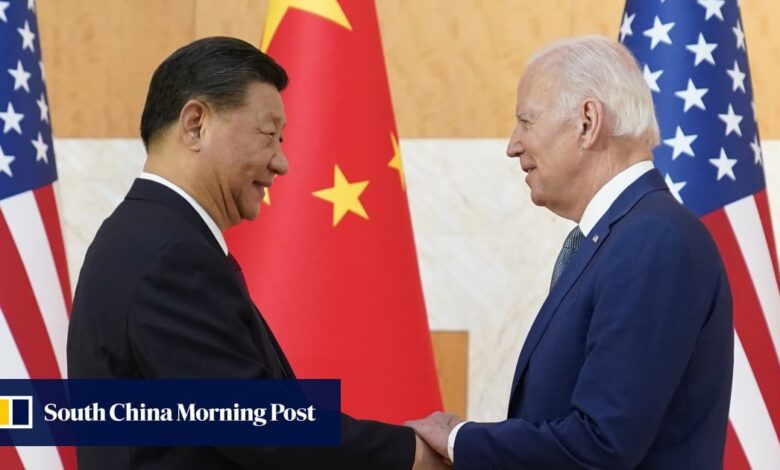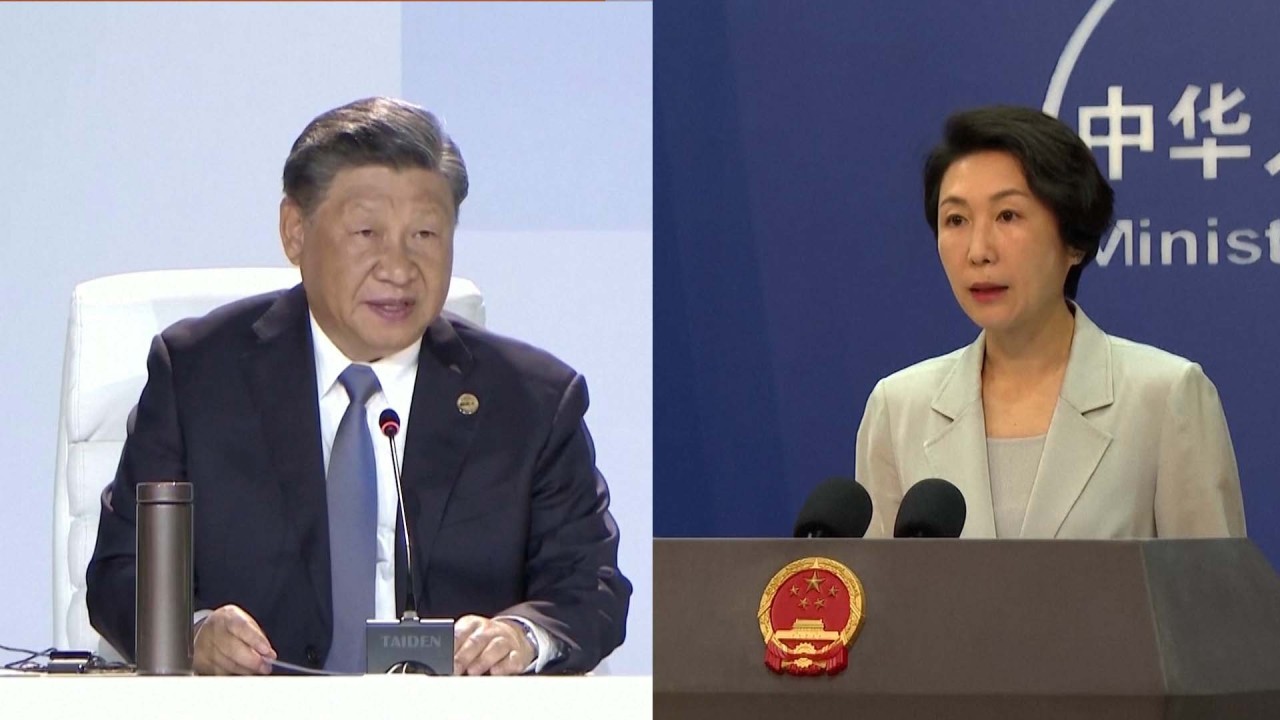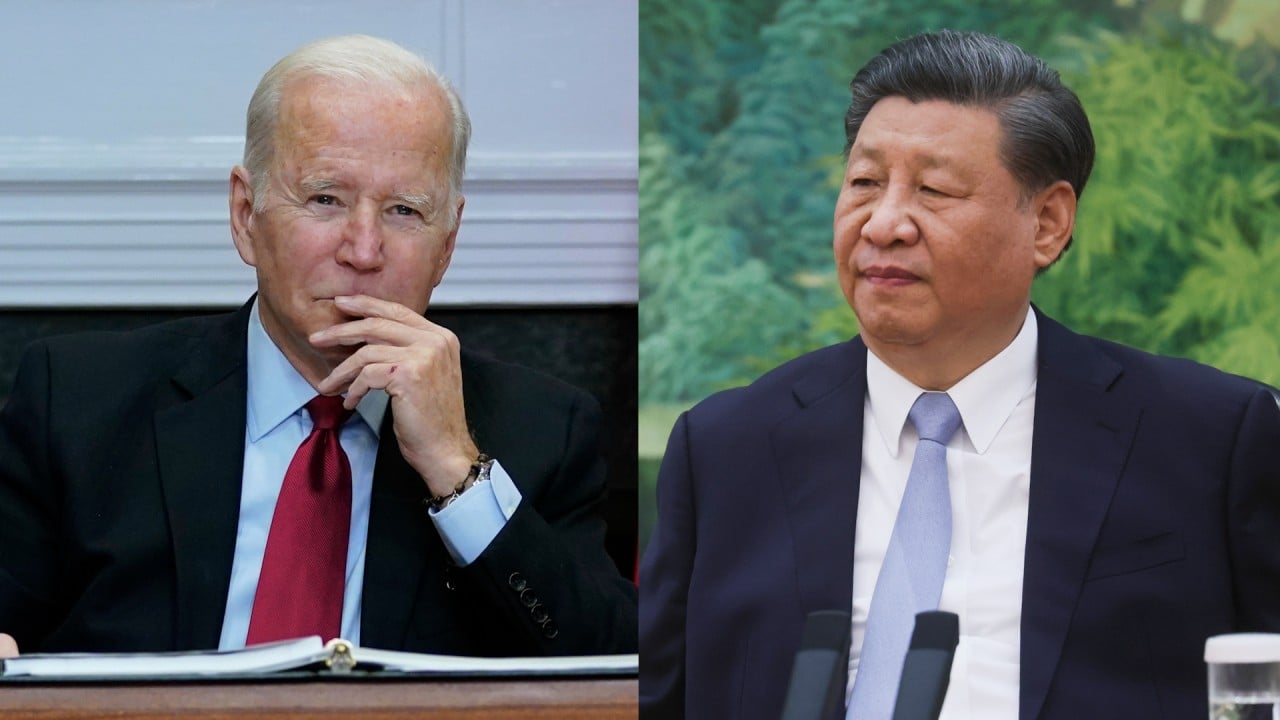A Xi-Biden summit may be on the cards. Could it make a difference in US-China relationship?

[ad_1]
Last month Chinese Foreign Minister Wang Yi said Beijing was “communicating with all parties” on the issue and a decision would be announced “in due course”.
He said China expected the United States to demonstrate “openness, fairness, inclusivity and responsibility to create better conditions for a successful summit”.
Sources told the Post earlier that a Xi-Biden summit was high on the agenda of the Malta meeting and the parties were still working on a diplomatic compromise.
US-based Foreign Policy magazine reported earlier this week that Wang would head to the US this month to lay groundwork for the summit.
Could China’s domestic woes keep Xi Jinping away from Apec summit?
Could China’s domestic woes keep Xi Jinping away from Apec summit?
Ding Yifan, a senior fellow with the State Council’s Development Research Centre, said the chance of a Xi-Biden meeting was high because both sides were keen to prevent a downward spiral in relations, but some conditions must be met first.
“[The conditions] mainly refer to the Taiwan issue. You can’t provoke Beijing on Taiwan constantly and expect China to ignore it,” Ding said.
Taiwan has been a persistent source of tension, with Beijing seeing Washington as enabling Taiwanese efforts towards independence.
The People’s Liberation Army responded by conducting blockade drills near the island.
In addition, there have been US arms sales to Taiwan, including a US$500 million package approved in August, as well as the fallout from the US downing of a Chinese “spy” balloon in February.
Wu Xinbo, dean of the Institute of International Studies at Fudan University, said it was important for Biden that Xi attend Apec to show that his administration could still control the relationship while trying to contain China.
Wu said the chance of the two leaders meeting was “very high” as both sides had been actively communicating but even if it happened, it might not lead to any improvement.
“Beijing is very clear that the Biden administration will not change the tone of its policy towards China. It will still treat China as its main strategic competitor and its policy is still based on containment and suppression,” he said.
Next year is a US presidential election year and relations are certain to be strained again as candidates jostle to take a tough stand on China.
“I think the Chinese side has a clear understanding of this issue and does not have any illusions that it will really be able to improve China-US relations through this Xi-Biden meeting,” Wu said.
“The relationship is now experiencing a certain degree of detente, which is tactical and a phased approach.”
While military-to-military communication remains stalled, communication has resumed to some extent with four senior officials, including Secretary of State Antony Blinken and Treasury Secretary Janet Yellen, visiting China in recent months. China and the US have also set up channels to discuss finance and the economy.
This engagement is positive, but it is not affecting the downward momentum, according to analysts.
Shi Yinhong, a professor of international relations at Renmin University, said arranging another summit was a challenge because of the confrontations since the previous summit in Bali.
“It’s about 11 months since Biden and Xi met in Indonesia. I have studied China US relations for several decades and never have I seen such tense confrontation, in military, in technology and in ideology, within such a short period of time after the summit,” Shi said.
He said the leaders had engaged each other numerous times but the downward trend of relations was clear.
“So many engagements between the leaders had taken place since 2013,, over the phone, by video link or face to face but the downward trend is obvious. That will not change because of this meeting,” Shi said.
[ad_2]
Source link







